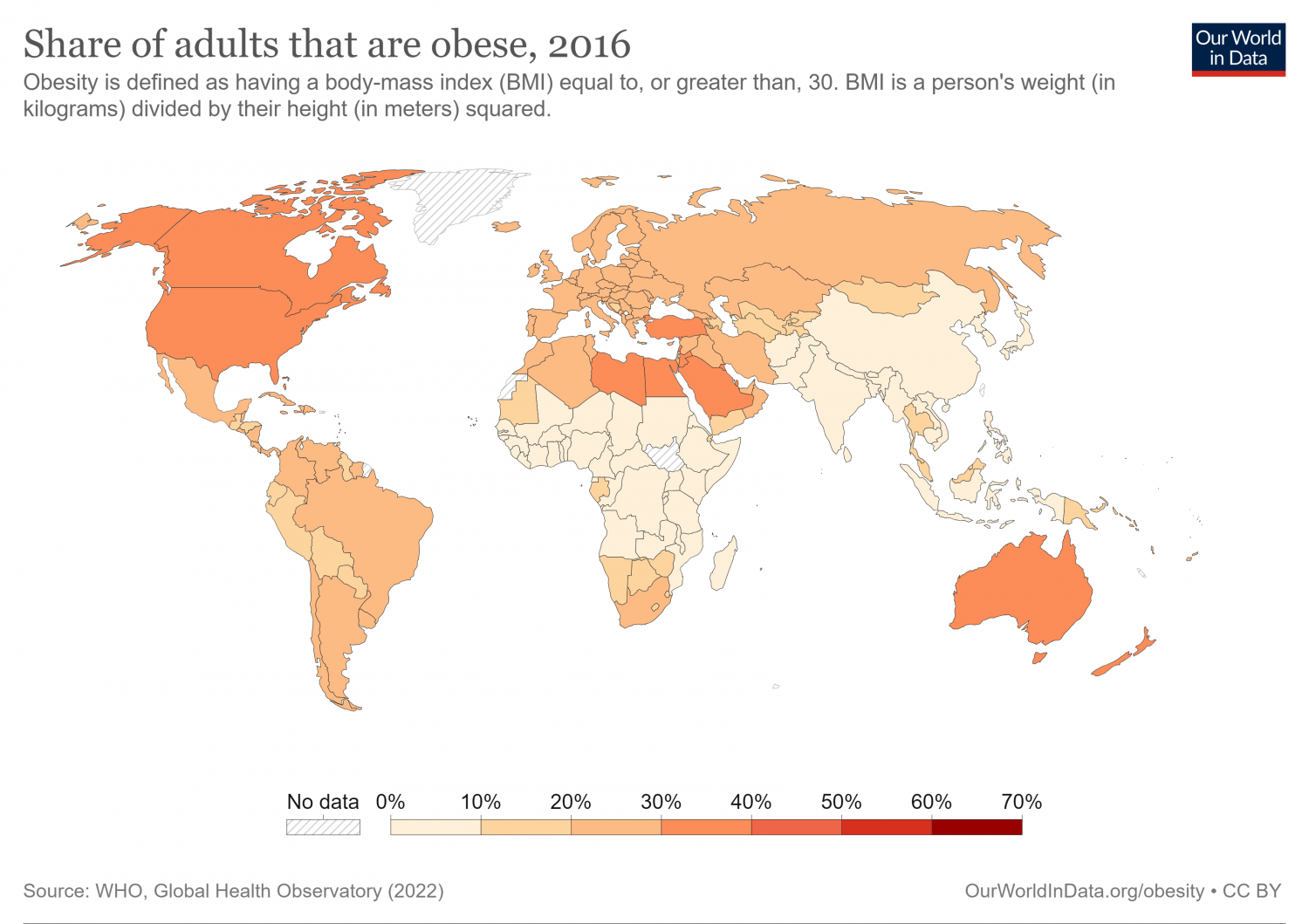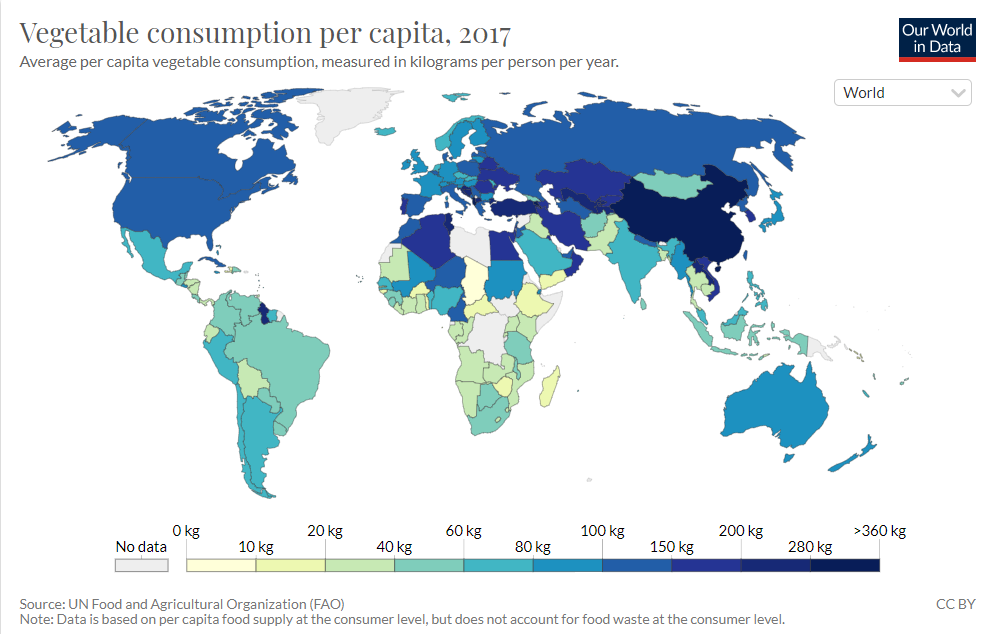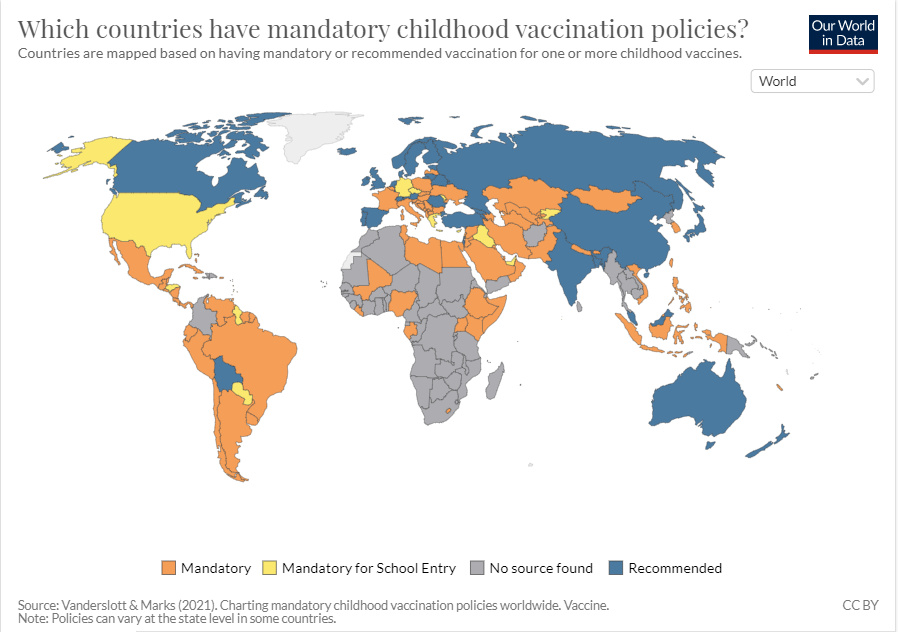Pet your stress away
By Chiedza, February 01 2024Life can be stressful. The list of responsibilities seems endless as work, children, bills and so many other things demand our constant attention. As a result, it's very easy to get lost in the jungle of a long to-do-list and end up burning out. Fortunately, studies show that pets are a good source of comfort and stress relief.
According to Jenna Stregowski, an expert in the field, pets can improve one's mood, reduce blood pressure and provide social support, among other benefits. For those who don't really like to exercise or just need some motivation, having a pet will give you a reason to exercise. Dogs, for example, have to walk regularly. This means dog owners can exercise while walking their pets, thereby promoting stress management.








